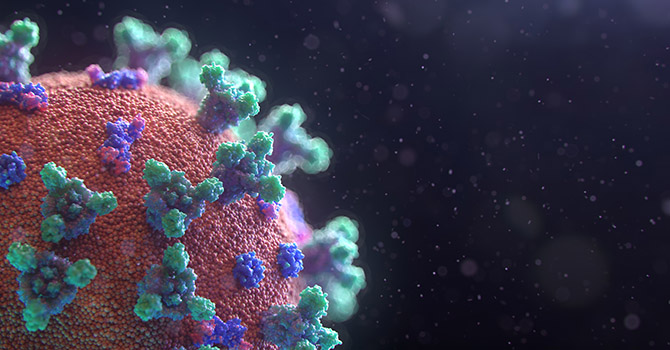
3 Things to Know about Managing the Spread of Coronavirus
Interview with Joseph Eisenberg
As people across the US and around the world adjust to living in isolation, working remotely, and limiting in-person outings, Joseph Eisenberg explains why it’s important to take the spread of coronavirus seriously in this unprecedented situation.





